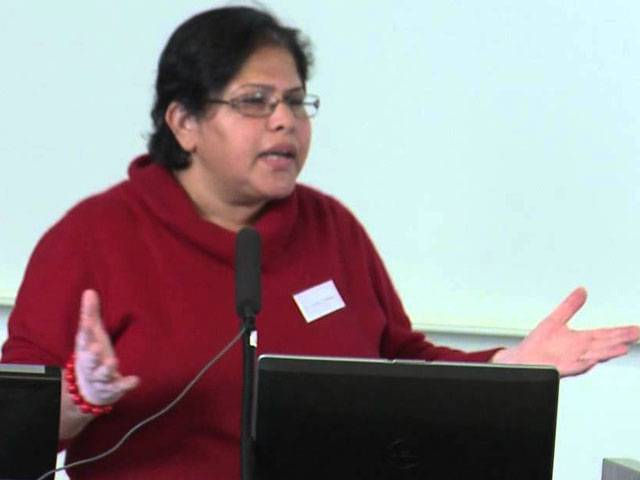ISLAMABAD - Analysts have described the appointment of General Qamar Javed Bajwa as a little surprising, but not unexpected.
Gen Bajwa was chosen over the highest ranking contender, the army’s Chief of General Staff Lieutenant General Zubair Hayat, previously responsible for the security of the country’s nuclear programme; and over Lieutenant General Ishfaq Nadeem, commander of the strategic Multan strike corps and viewed by many analysts as favourite for the job.
“There are many considerations and not just seniority,” said analyst Imtiaz Gul. “It may be a little surprising, but not unexpected.”
Analyst Ayesha Siddiqa said Bajwa was a “compromise” pick. The “hawks” in the military would have wanted Hayat - who instead was made chairman of the joint chiefs of staff - or Nadeem, she argued.
“So what I see is a compromise decision in which Zubair is not pushed out entirely, he’s being made chairman of the joint chiefs of staff, which is being kicked upstairs... he does not command any troops therefore it’s not where the power lies.”
She continued: “It’s a compromise decision which is symbolic: Give the chairman to the hawks and keep your man as the army chief.”
As for how Bajwa, who belongs to a regiment that has produced three army chiefs in the past, will lead compared to his predecessor, she cited his reputation for shunning the limelight.
“What we saw in the last three years, especially the last year and a half, was a lot of complicity. Bajwa is a good professional soldier. He will stick to his job and not advertise himself so much,” she said.
- #ThankYouRaheelSharif -
With the civilian government largely dismissed as corrupt and inefficient, the military offers a form of stability.
Raheel Sharif was the figurehead behind a widely-lauded crackdown against militancy credited with pushing Islamist extremists to the margins.
Many in Pakistan were so grateful - the hashtag #ThankYouRaheelSharif went viral — that some even called for him to launch a military coup.
Critics say rights are being rolled back in the name of defeating terror, pointing to the creation of military courts and the resumption of hangings after a six-year moratorium.
But there is no sign of a course correction from military headquarters in Rawalpindi, and Monday’s announcement that Sharif had begun a farewell tour scotched speculation he would extend his three-year tenure, as previous military chiefs have done.
Bajwa will face challenges ranging from an increasingly hostile India to the conflict in Afghanistan, growing links between homegrown militants and Islamic State jihadists, and blowback from a Trump presidency.
He will also take control of the military’s uneasy relationship with the civilian government.






